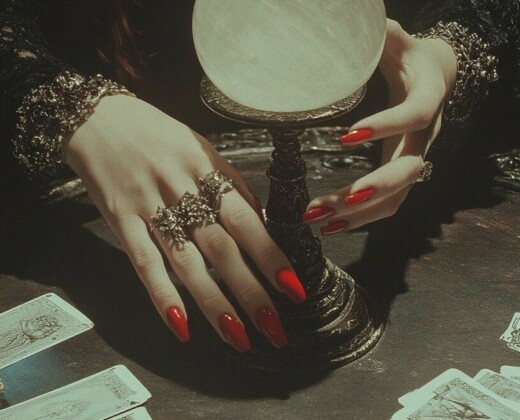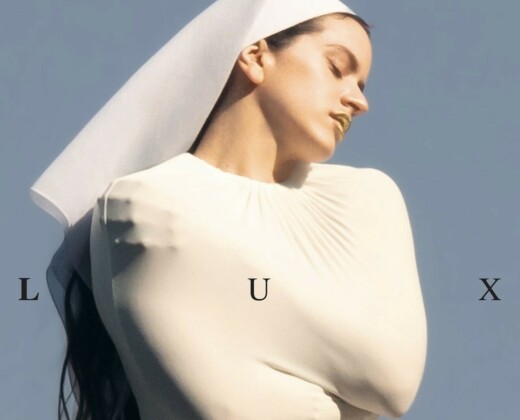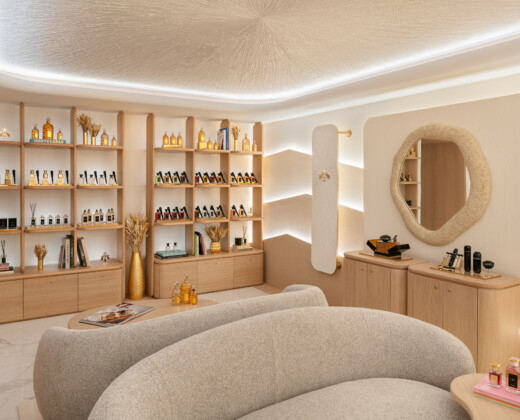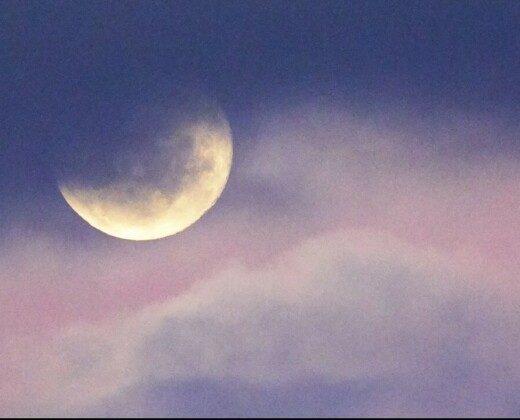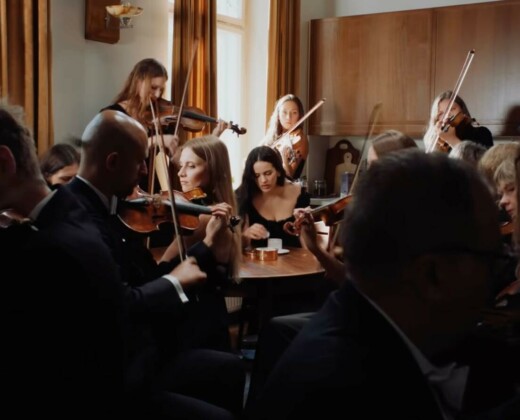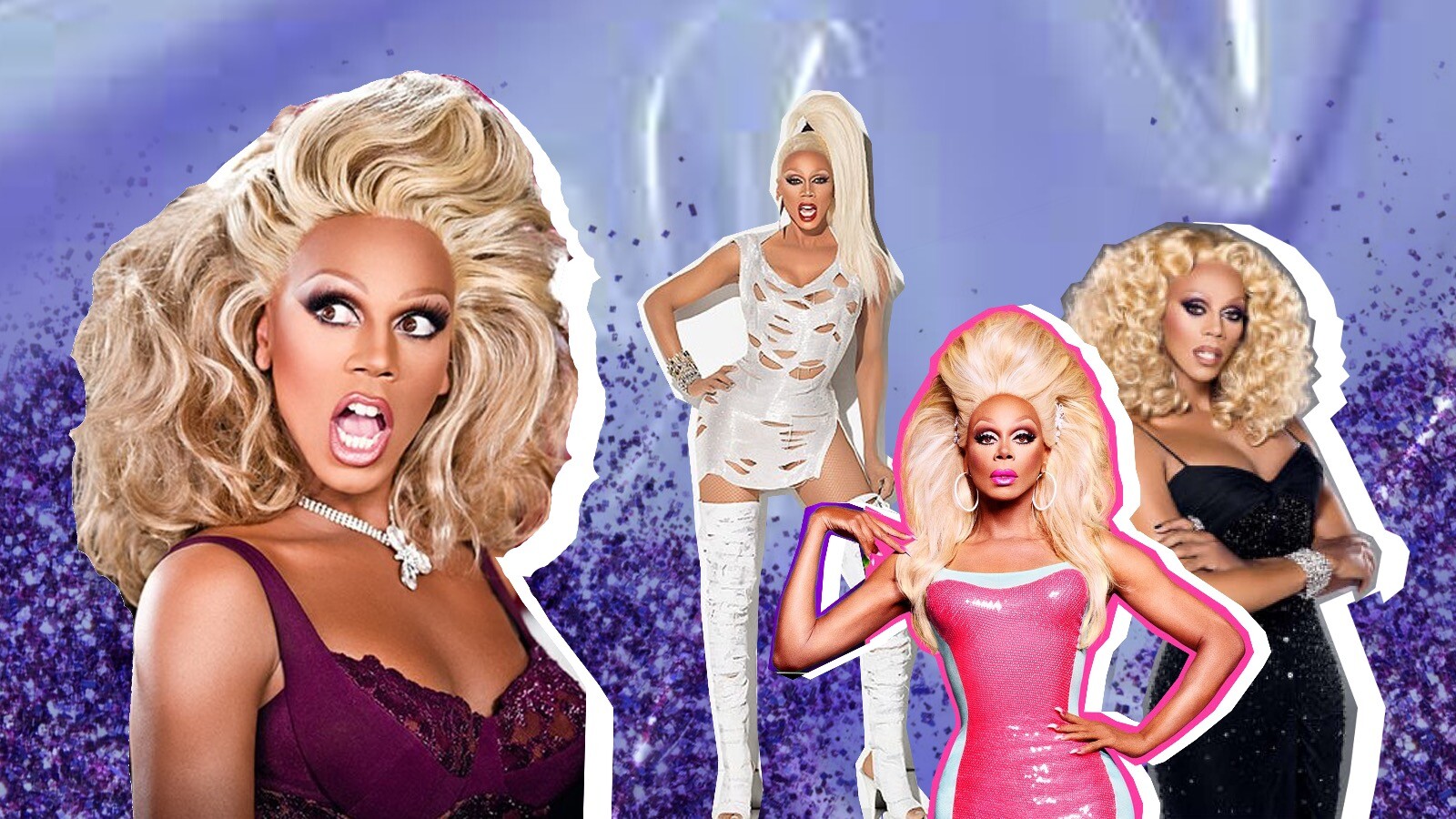
The Drag Queen. The outlandish, amplified, exaggerated emulation of womanhood. An art form that has gone from having to be tucked away (if you’ll pardon the pun) in underground gay clubs, to being booked as acts in the most famous clubs in the world. Slowly, but surely, it has grown and is now recognised as a highly influential craft that has altered main stream culture forever.
Almost exactly a decade ago, on February 2nd 2009, a TV programme aired on the American Channel Logo. A TV show that was initially just a show to find the ‘next drag super star’ is now seen as the undeniable ‘Big Bang’ in the evolution of negative attitudes towards diversity.
That revolutionary TV show goes by the name of ‘RuPaul’s Drag Race’ and was created by none other than the reigning monarch of drag, her Royal Highness RuPaul Charles. A show that due to its nature began life having only a very niche, cult following is now considered a staple of modern television, winning countless awards.
Drag Race would have probably had the same success had it simply stuck to showing the superficial side of drag, as the creativity and talent the queens possess is undeniable. However, what gives the show its heart are the back-stage sections that reveal the queens out of their strong drag looks and personas. We see their vulnerability, as they tell their heartbreaking personal stories of having to face constant and sometimes brutal oppression simply because of who they are. It is this raw, unadulterated part of the show that has given visibility to issues such as racism and homophobia, causing a revolution in the way diversity is accepted today.
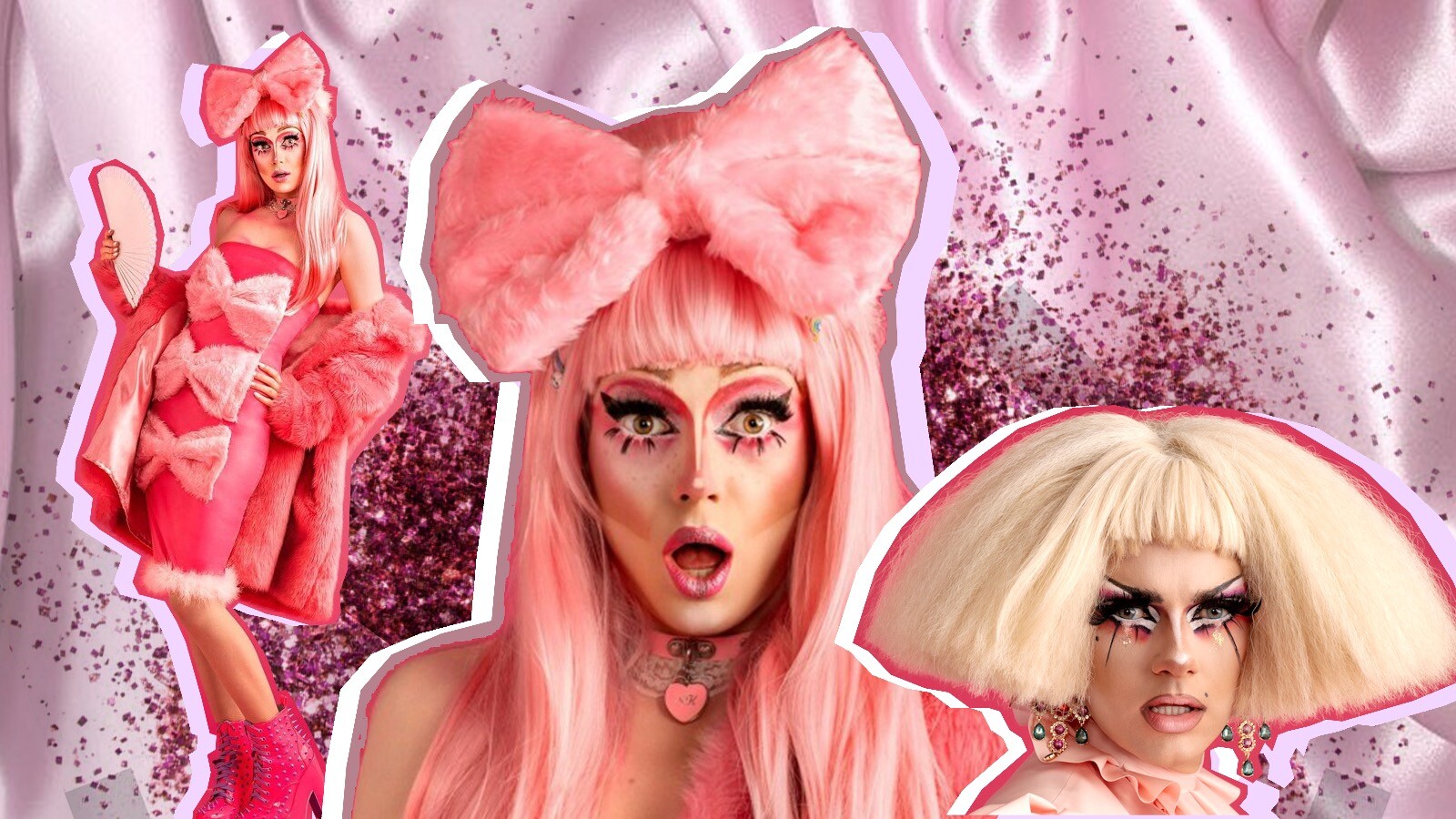
A wise drag queen once said ‘we’re all born naked and the rest is drag’. Tampering with your own identity is something everyone does. From the hairstyle you choose, to the scarf you throw on when it’s a bit nippy outside, we all want to be perceived in a certain way, and so make conscious efforts to achieve this. Drag Queens have built their reputation on playing with the gender norms society has created, and so are the leading pioneers of experimenting with identity. According to RuPaul, the term ‘Drag’ applies to us all, regardless of our race, gender or social background. ‘Drag’ is how we choose to present ourselves to the world, and which personas we adopt as we move through life. Everyone is in drag to a certain extent.
This is perhaps why in today’s society where the lens on gender identity is ever- broadening, Drag Race and Drag in general has become such a popular culture obsession. Inspiring people to express themselves and not give a damn, because, (as Ru says at the end of every episode of Drag Race),
‘If you can’t love yourself, how in the hell you gonna love somebody else?!’
Now, it has by no means been ideal, but it has been bearable having to spend extortionate amounts on Netflix subscriptions or trawling for hours to find a working link to illegally download the weekly episode (only original Drag Race fans will empathise). However, these hardships we have had to endure as UK Drag Race fans have all been worth it, as on the third of October at 8:00pm Momma Ru gave us the gift. A gift we have all been patiently waiting for for nearly a decade; Drag Race UK. The excitement of Drag Race fans across the UK was palpable, as drag Race UK aired on the BBC.
True, our British Drag Race hopefuls aren’t famous for their put-together pageantry like their transatlantic sisters. But for what they lack in that area, they more than make up for in what British drag queens are famous for; quick, outrageous humour and a shining passion for creativity.
From Crystal’s edgy, East London style of drag that challenges gender stereotypes, to the brash humour of Baga Chipz who bases her drag act on a young Princess Diana – and the Coronation Street cast circa 1970 (how very British). We finally have a celebration of camp, creative and comedic British drag at it’s finest, and long may it continue!
In light of this, we’d like to take the time to shout out to all the drag queens out there, from the UK and across the seas! Thank you for daring to be different, and in doing so representing the underdogs and cast-offs of society; all the people who are scared to be themselves. We thank you for enabling people, whether gay, straight or trans to express who they are. Rather than having to t into an identity that society finds acceptable. But most importantly, you have shared the almighty secret of how you keep your foundation in place for over twelve hours without having to pritt-stick your face prior to application. So, from us all, thank you. Long live the queens!
Words by Ella Winfield
Graphics by Fiona Campbell
, , , , , ,


